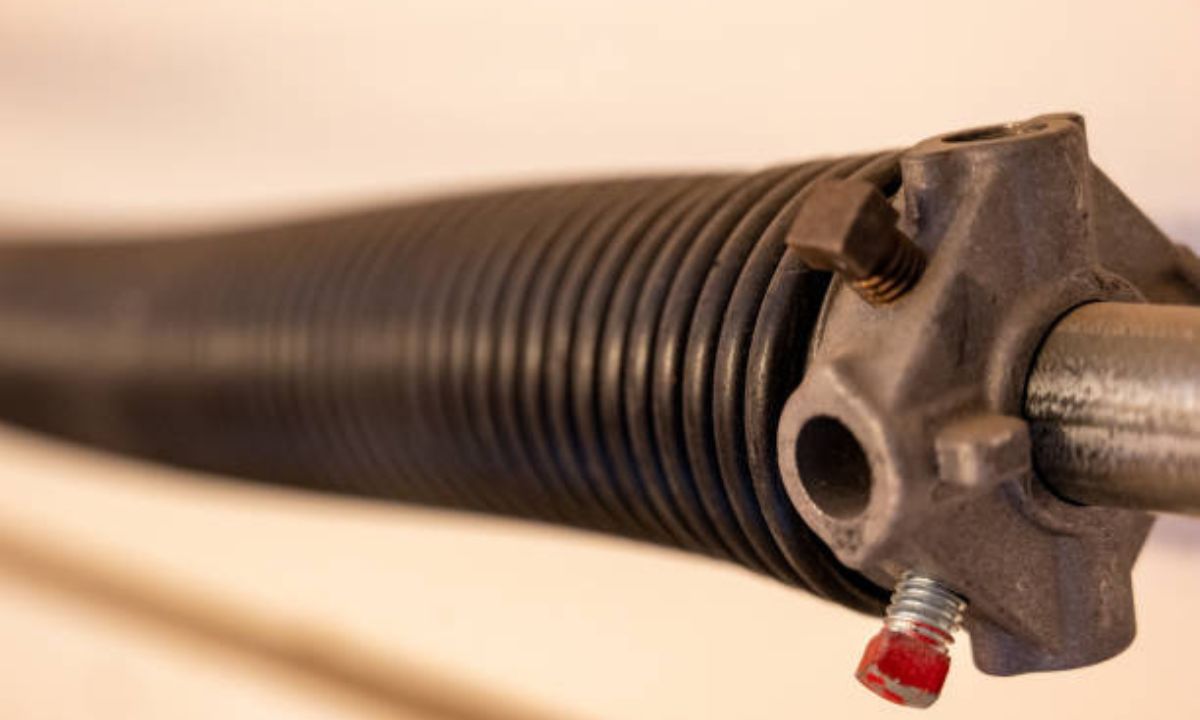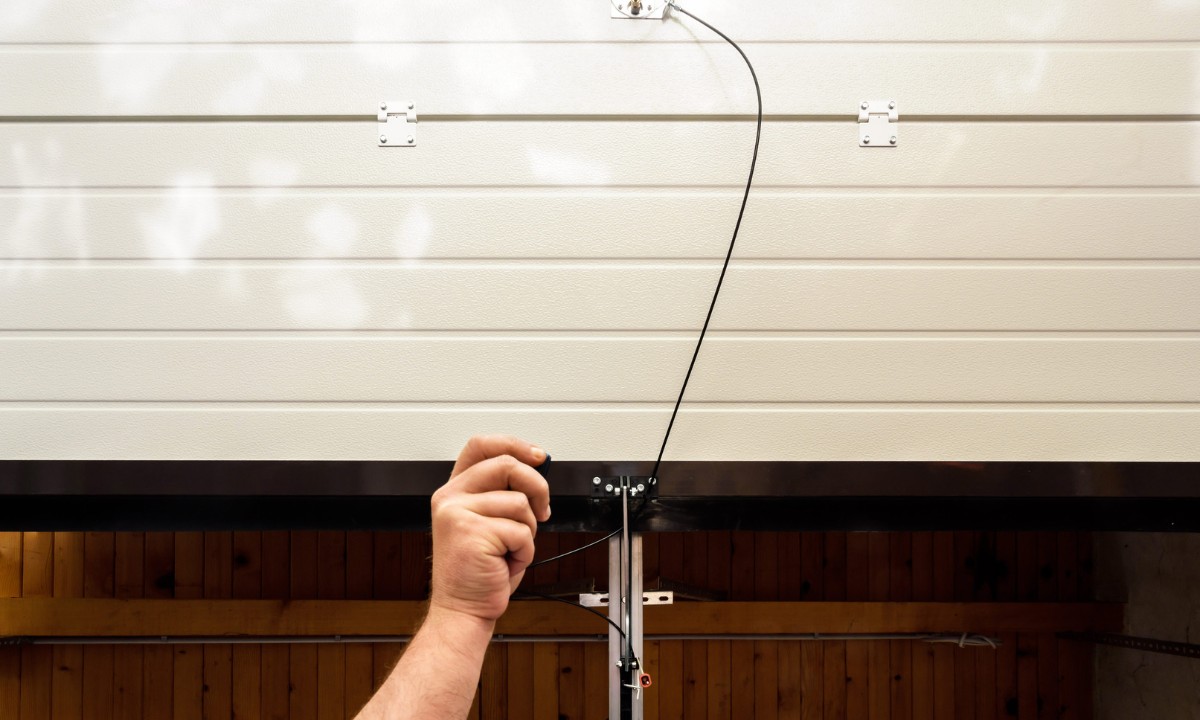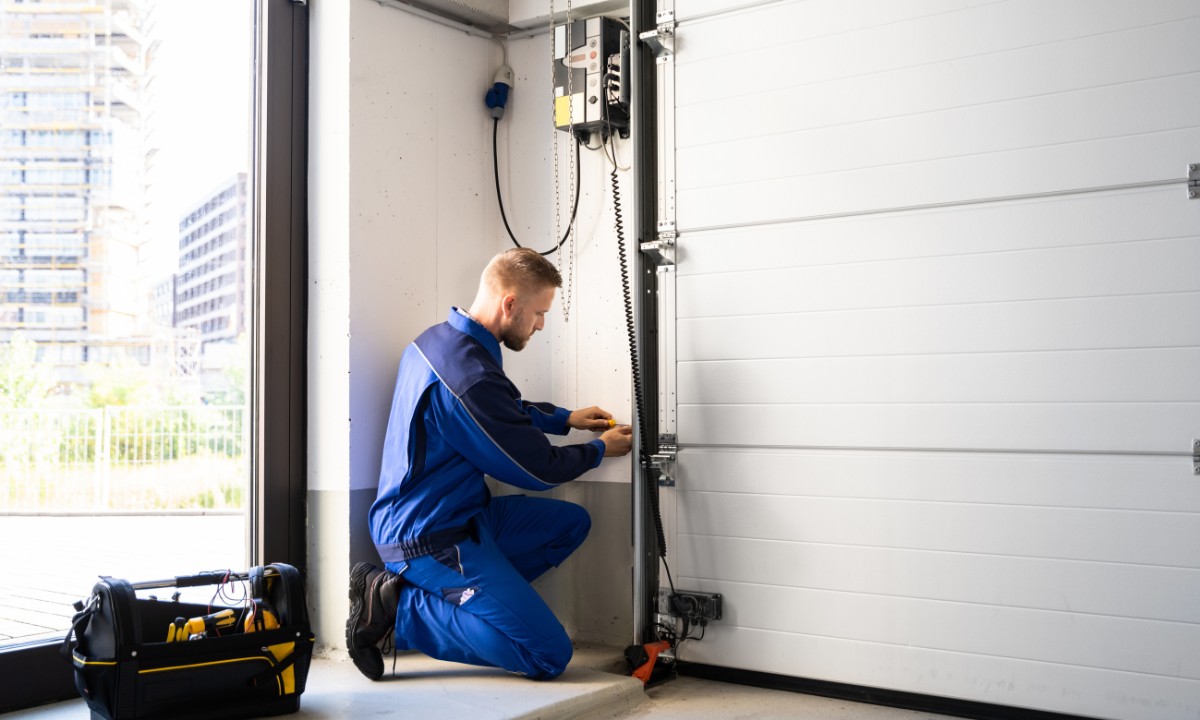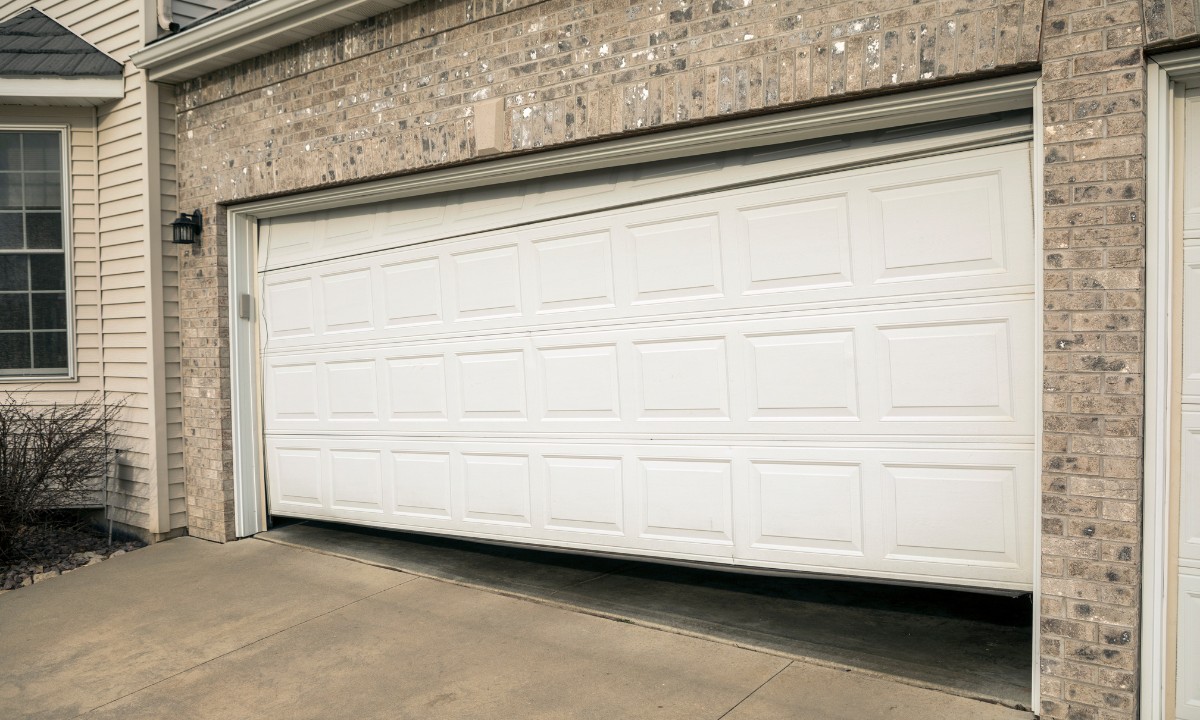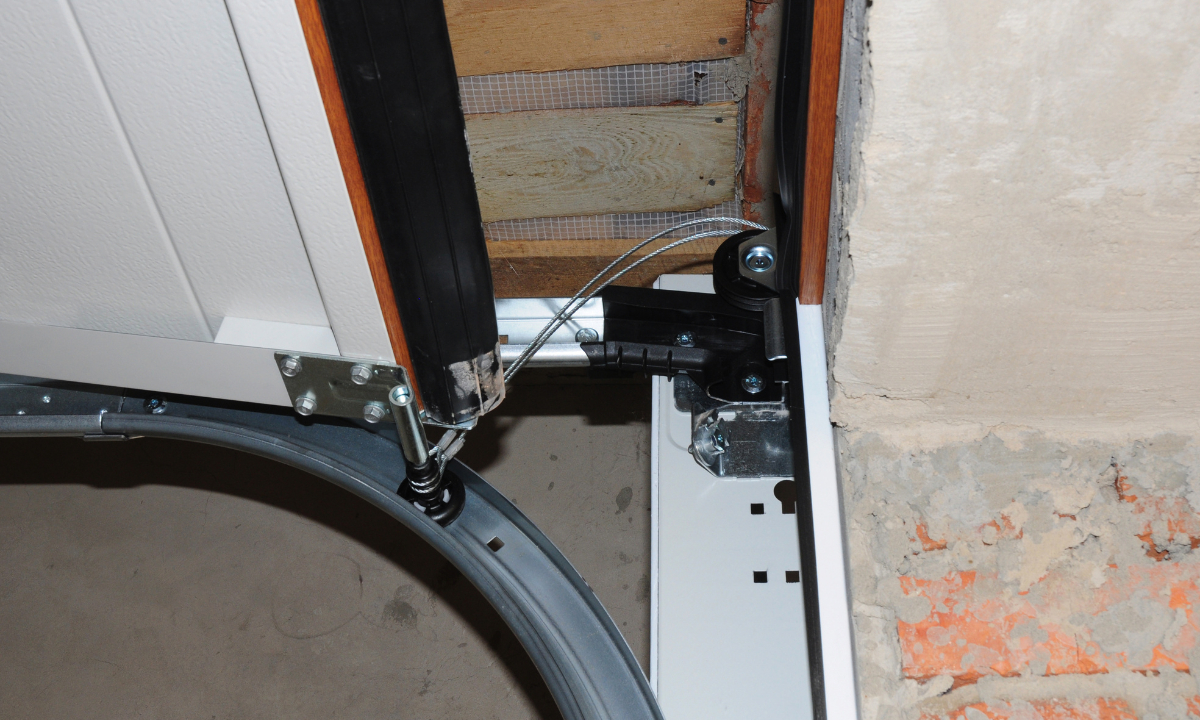Minnetonka, Minnesota Garage Door Springs' Effects of High Humidity
Overview
Just west of Minneapolis is the
growing suburban community of Minnetonka, Minnesota. Minnetonka, a city of more
than 53,000 people, is renowned for its parks, lakes, and strong feeling of
community. All year long, the city receives a variety of weather, with hot,
muggy summers and chilly winters.
Garage doors are essential for
shielding automobiles and residences from the weather. The effects of moisture
on metal parts, such as garage door springs, are a major worry in a city like
Minnetonka where summertime humidity may rise considerably.
Effects of Humidity in Minnetonka,
Minnesota
The summers in Minnetonka are hot
and muggy, with humidity levels frequently rising above 80% at their height.
The garage door springs in particular may suffer as a result of this high
humidity in the house.
High humidity can lead to corrosion
on garage door springs as well as other problems including stiffness and
increased friction. The springs may get stickier as a result of the increased
moisture in the air, increasing resistance to opening and closing the door.
This may put undue stress on the garage door opener and other parts, which
could result in more damage and higher repair expenses.
Different Spring Repair Types
Usually, garage doors employ either
extension springs or torsion springs, and excessive humidity can have a
negative impact on both. Although torsion springs, which are positioned above
garage doors and are made to support large weights, are resistant to corrosion
and rust, they are nevertheless susceptible to it. The extension springs on
either side of the door are more vulnerable to weather-related damage because
of their increased exposure to the environment.
Springs Affected by Excessive
Moisture
Springs designed for torsion and
extension are vulnerable in a humid area such as Minnetonka. The air's high
moisture content might hasten the rusting process, particularly if the springs
are older and already exhibiting wear or if they are not sufficiently oiled.
Rust accumulation over time can weaken the springs, making it harder for them
to maintain the weight of the garage door and raising the risk of an unexpected
breakdown.
It's critical to routinely check the
springs for any indications of rust or corrosion in order to minimize the
impacts of excessive humidity. Early detection of rust may allow for its
removal and the application of a protective coating to stop additional damage.
To guarantee the garage door operates safely, the springs might need to be
changed if the rust has gotten very deep into the metal.
Typical Problems
Issues with garage door springs
caused by humidity can appear in a number of ways:
Rust and Corrosion
As was already established, the most
frequent problem brought on by excessive humidity is rust. The metal may erode
due to rust, weakening the springs and increasing the risk of breaking.
Increased Friction
The springs may become sticky due to
moisture, which will increase friction and make it more difficult for the
garage door to operate smoothly. The garage door opener and other parts may
experience increased strain as a result of this increased resistance.
Stiffness and Decreased Flexibility
Excessive humidity can make springs
rigid, which limits their capacity to expand and contract as needed. This may
result in an uneven garage door functioning and possible misalignment.
Issues Associated with Humidity
Elevated humidity levels might cause
serious problems for the garage door system's overall performance. If these
issues are not resolved, they may lead to:
Spring Failure
Unexpected spring failure can result
from rust, increased friction, and stiffness in the springs. This might render
the garage door unusable and put homeowners' safety in danger.
Increased Repair Costs
Damage to the springs caused by
humidity may require more frequent repairs, raising the total cost of garage
door maintenance. The complete garage door system might need to be replaced in
extreme circumstances.
Replacement Springs
Replacing the garage door springs
might be the best course of action if they have been severely impacted by
humidity. Enhancing the functionality and security of the garage door system
can be achieved by swapping out the old, corroded springs for new, weatherproof
ones. Seeking professional advice is crucial when changing garage door springs,
as they can suggest the ideal spring type for your particular garage door and
surrounding weather.
Taking Care of Humidity Damage
Take into consideration the
following actions to shield garage door springs from the damaging effects of
excessive humidity:
Inspection and upkeep
Make sure the springs are regularly
inspected for corrosion, rust, or other damage. Early discovery enables prompt
replacements or repairs, averting later, more serious problems.
Protective Coatings
To protect the springs from moisture
and lower the chance of rust, think about giving them a protective coating.

